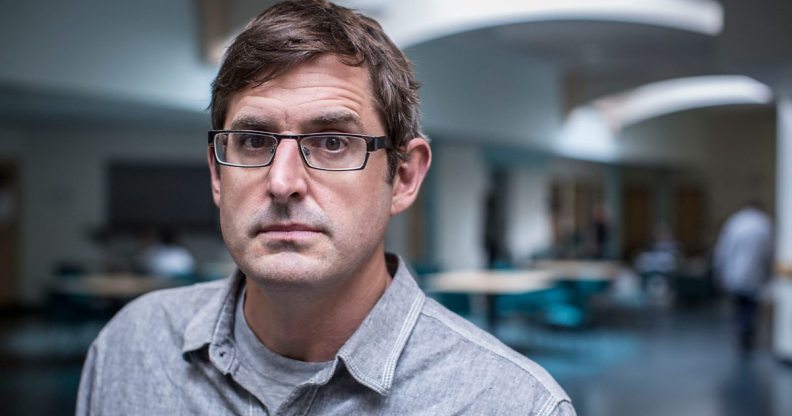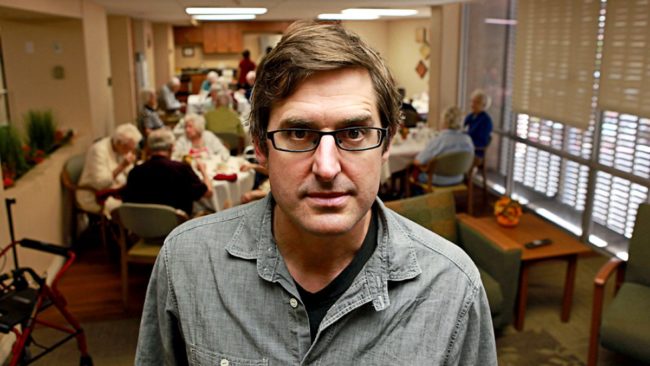Louis Theroux: ‘Situational homosexuality’ was part of life at boarding school

BBC documentary maker Louis Theroux
Documentary maker Louis Theroux has said that “situational homosexuality” was common at his all-male boarding school.
The BBC presenter was appearing on Desert Island Discs on Sunday (May 12) when he compared life at the elite Westminster School to prisons he has made documentaries about.
Louis Theroux: Situational homosexuality was ‘relatively common’
Theroux said: “There’s something about a lot of males, be they boys or men, in a confined space.
Something about the improvised physical fabric, which is all higgledy-piggledy. And then… I hesitate to say this… a certain level of situational homosexuality.
“Which I think, I hope I’m not scandalising anyone, is relatively common, definitely in prison and to an extent in all-male boarding schools.

BBC documentary maker Louis Theroux
“There’s a lot of other similarities. Cliqueishness and a sort of Darwinian atmosphere.”
Theroux previously spent time with members of the anti-LGBT Westboro Baptist Church for two documentaries, The Most Hated Family in America and America’s Most Hated Family in Crisis.
He also spent time with trans children for 2015 documentary Transgender Kids.
Louis Theroux’s new documentary tackles postpartum mental illness
The filmmaker’s latest documentary Mothers on the Edge, which airs on May 12, exploring the lives of mothers experiencing serious mental illness inside a psychiatric unit.
He explained: “Postpartum mental illness, like many aspects of mental health, is all too common and not acknowledged enough.
“We as a society do so much to celebrate new motherhood and to romanticise the relationship between new mothers and their babies, for understandable reasons. But the sad fact is, for many mums, their experience of having a baby is traumatic and they don’t experience Hallmark Card feelings of love.
“The women we featured in this film took a huge leap of faith in opening up and speaking to me. They bared a great deal of their souls and risked the judgement of less understanding elements of society.
“Their bravery and candour is awe inspiring, and it was a privilege to be invited into their families during a most vulnerable period in their lives.
“I hope this film will go some way to helping normalise postpartum mental illness and stimulate a discussion on how we can best care for mothers at the time they need it the most.”

